Applying for Social Security Disability Insurance (SSDI) is a long and complex process that can sometimes take years to complete. With so much paperwork, strict deadlines, and the possibility of having to appeal an initial denial, it’s understandable that many people give up.
However, client retention is crucial for SSD law firms. If your client receives benefits, you get paid. So, if your client gives up, all your hard work adds up to zero profit. As a result, one of your priorities should be to keep your clients engaged. Even if your client is feeling overwhelmed, firms and advocates need to remind applicants why they should see the process through to completion. One way to achieve this is through constant communication and community outreach.
Being active in your community boosts your firm’s presence, making you more approachable to those who need your help. Through online and offline efforts, you can build trust, offer support, and keep clients on board. Let’s look at some ways you can reduce their drop-off rate.
Understanding the SSD Application Process and Its Challenges
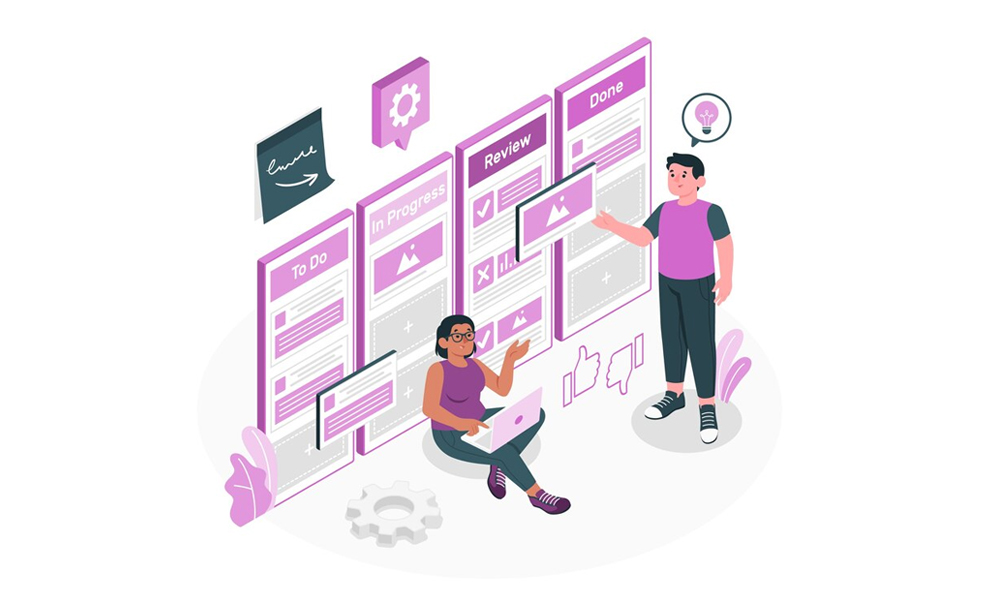
Applying for SSD benefits involves several steps. So, let’s paint the picture:
First, you submit an application with your medical and work history to the Social Security Administration (SSA). Then, you wait. And wait. Meanwhile, the SSA evaluates your application to see if your condition is truly disabling according to their standards. If they say no, you’re back to square one. However, you can appeal, which involves more reviews and possibly a hearing.
Imagine the stress of watching bills pile up while you wait for a decision. This is exactly why so many applicants decide to throw in the towel, especially when they think their representation is not fighting hard enough for them. For lawyers working on a contingency fee basis, each client who walks away is not just a missed opportunity to help someone in need but also a loss of the upfront investment of time and effort.
And it’s not just the attorneys feeling the pressure. Advocacy groups and organizations, relying on success stories for funding, find themselves at a crossroads when too many give up. High drop-off rates tarnish reputations, making it harder to attract the support needed to fight another day.
What is Community Outreach?
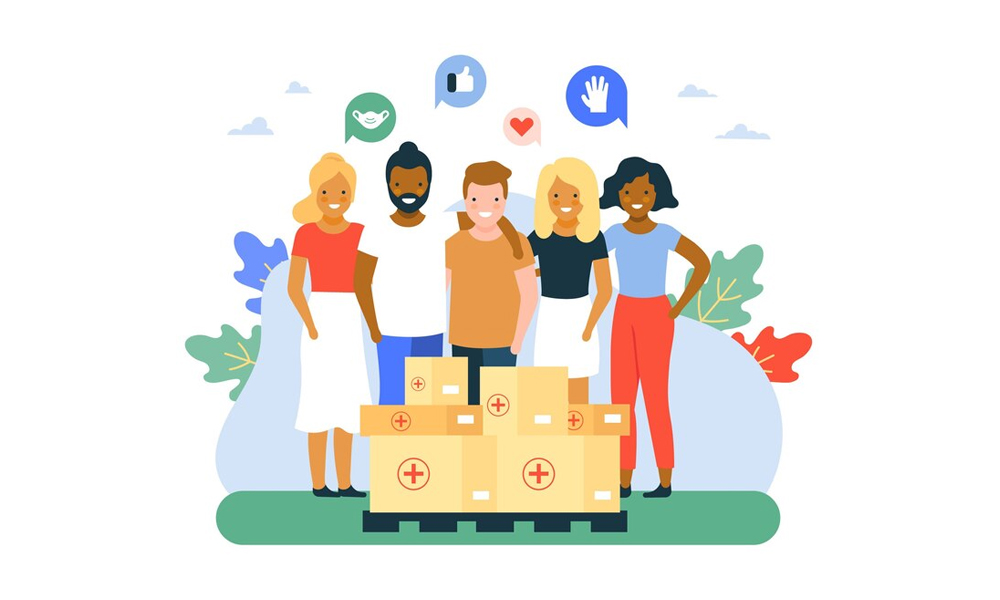
Community outreach is what law firms, organizations, and other groups do to reach out to people in their target communities and offer them support or services. You can develop relationships with community members by actively participating in or initiating various activities or programs that provide mutual benefits.
Building a Community
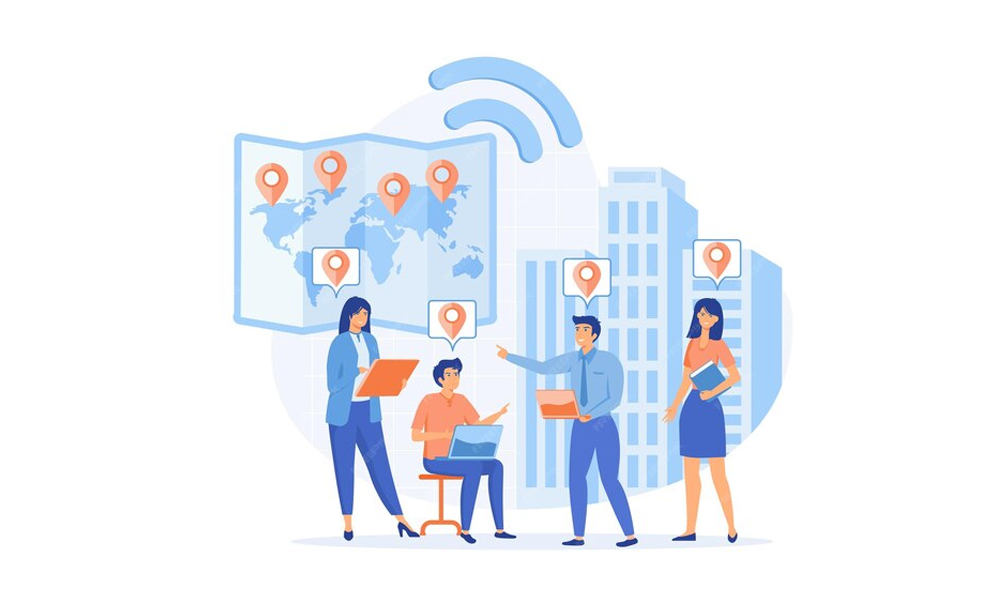
To build a community, you must establish real-world connections. Face-to-face activities like workshops and social events allow your audience to interact, share experiences, and offer mutual support. Feeling like you belong is vital, so firms and advocates need to provide SSD applicants with a real way to add to and benefit from the knowledge and resources of their community.
Partnering with Local Community Groups and Associations
Partnering with local community groups and associations that serve your firm’s target demographic, such as the elderly and disabled, can increase your reach and impact.
Identify Groups and Associations: There are many organizations where law firms and advocacy groups can find SSDI applicants to build community and connect.
- For example, Disability Rights California (DRC) advocates for and protects the rights of Californians with disabilities.
- AARP empowers Americans 50 and older, dealing with health security and financial stability, which intersect with the SSDI application process.
- The Mighty offers a platform for individuals dealing with mental health, chronic illness, and disability to share their stories and find support.
- Finally, the National Alliance on Mental Illness (NAMI) supports individuals affected by mental illness with education and advocacy, another group where SSDI applicants are likely to be found.
Collaboration Tips:
- Build Genuine Relationships: Approach potential partners with the intent of building a long-term relationship rather than a one-off collaboration. Attend their meetings, understand their challenges, and identify how your firm can offer value.
- Offer Mutual Benefits: Clearly outline how the partnership can benefit both parties. For example, your firm could provide legal workshops or free consultation days for the community group's members, while the group offers a platform for your firm to reach potential clients.
- Collaborate on Events: Jointly hosting events like seminars, workshops, or awareness campaigns can significantly boost engagement. Plan activities that cater to the needs and interests of the group’s members while also highlighting your firm’s expertise and services.
- Share Resources and Knowledge: Offer your legal expertise as a resource for the group. This could involve creating easy-to-understand guides on SSD rights and processes or offering insights during group meetings.
Expanding Your Reach Online
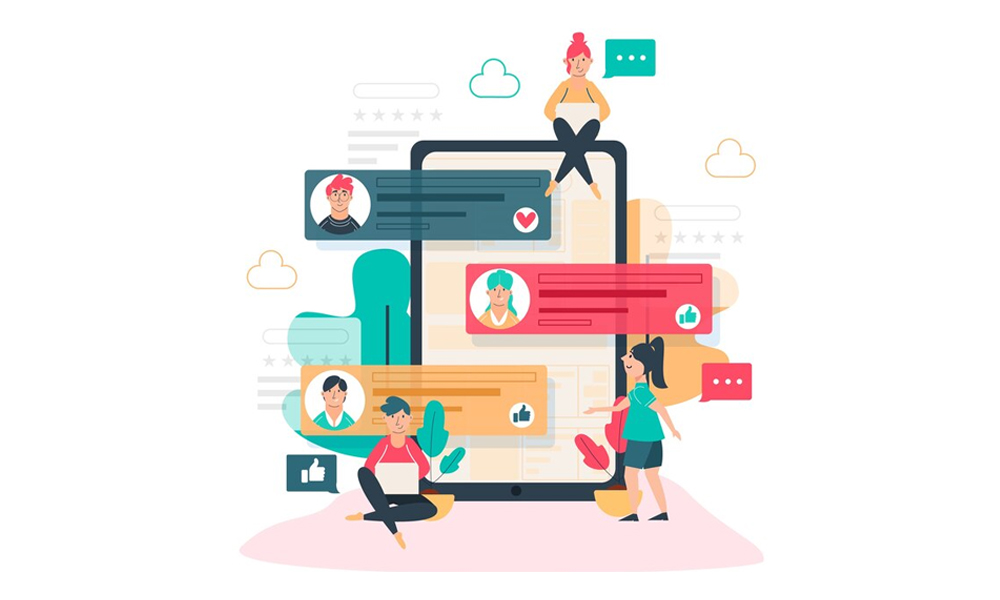
The need for instant access to information and services grows as our lives become increasingly reliant on digital platforms. This change is caused by how easy, quick, and prevalent digital technology is. It has changed how people get help, gather information, and make choices.
Having a strong online presence allows you to meet the expectations of today’s users. Not only that, but it increases your visibility and impact by supplementing your offline community outreach efforts and making your organization more visible and accessible in people’s daily online activities.
Developing a Marketing List
Creating a marketing list is about gathering emails from people interested in what your organization does. This list lets you send updates, helpful info, or news about your services.
When creating this list, keep consent in mind, only adding people who have explicitly agreed to receive your emails. If you want people to sign up, you must give them useful information in exchange for their email addresses. For example, you could offer free guides on how to apply for an SSD or educational webinars on disability rights.
Include a signup form on your website to make it easy for people to join your list and talk about the special and useful content that subscribers will receive. Your audience will be interested if you send them regular, relevant emails, but don’t send too many. Keep them up to date without flooding their inbox.
Creating Engaging Online Events
Online events, like webinars and podcasts, allow you to share knowledge, discuss relevant topics, and connect with your audience in an interactive setting. Here's how to successfully plan an online event:
- Identify Audience Needs: Start by understanding your audience’s interests and challenges related to SSD benefits. This could involve conducting surveys, analyzing questions received by your firm, or engaging with your community on social media to gather insights.
- Choose Engaging Topics: Based on your audience’s needs, select topics that are relevant and provide value. For example, you might focus on navigating the SSD application process, tips for successful appeals, or managing life with a disability. The goal is to address real concerns and offer practical advice.
- Select the Right Format: Decide whether a webinar or podcast is more suitable for your topic and audience. Webinars are ideal for interactive sessions with visual components, like presentations or live demonstrations. Podcasts, on the other hand, are perfect for discussions, interviews, or deep dives into specific subjects that listeners can easily access on the go.
- Find Knowledgeable Speakers: Invite speakers or hosts with expertise in SSD law and a passion for advocacy. They should be able to communicate complex information in an understandable and engaging way. Consider including guest speakers, like medical experts or individuals who have successfully navigated the SSD process, to add diverse perspectives.
- Choose the Right Platform: Select a platform that supports your event format and technical requirements. For webinars, look for platforms with interactive features like Q&A, polls, and chat functions. For podcasts, consider platforms that allow for easy recording, editing, and distribution.
- Plan the Event Structure: Outline the event’s flow, including introductions, main content segments, interactive elements, and conclusions. Ensure there’s a balance between delivering information and engaging with the audience to keep the event dynamic and interactive.
Facebook Groups
Facebook’s large user base means that a group has the potential to reach a diverse and extensive audience. You can create private groups that allow you to control who joins and who posts. Through posts and comments, members can ask questions, share experiences, and offer support, creating a vibrant community dialogue.
Guidelines for Compliance and Effective Participation:
- Respect Privacy: Always be mindful of privacy concerns, especially when discussing sensitive topics. Encourage members to avoid sharing personal details in public posts.
- Moderate Content: Ensure the community remains positive and supportive by moderating discussions and removing any inappropriate content.
- Provide Accurate Information: It’s crucial to share information that is reliable and verified, especially regarding legal advice or SSD processes.
- Engage Responsibly: While engaging in discussions, maintain professionalism and clarity to establish trust and credibility within the community.
Build Stronger Client Relationships
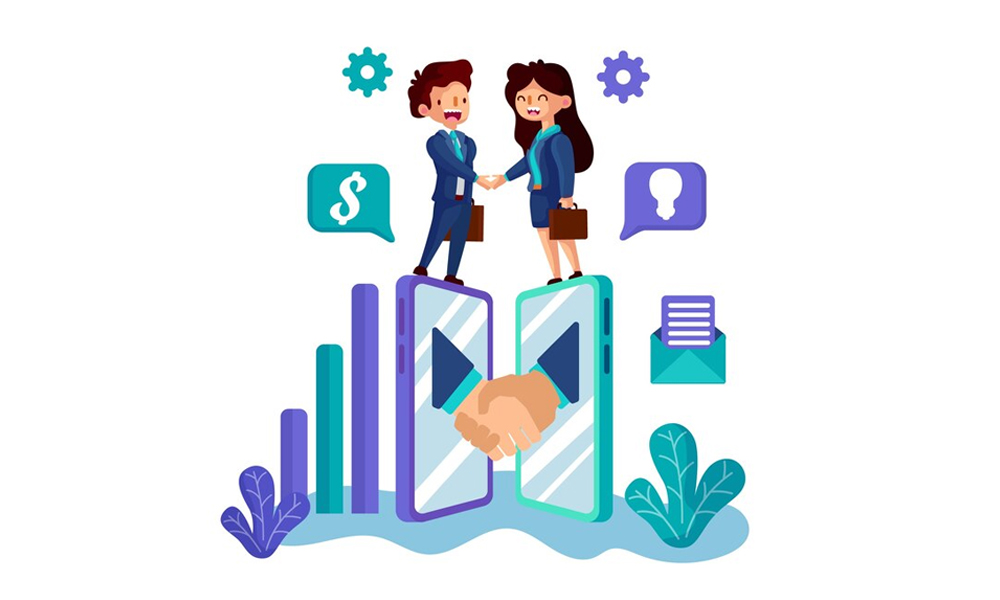
Addressing client drop-offs requires SSD law firms to engage proactively with clients, providing support, education, and clear communication throughout the process. Building a community through outreach, whether online or offline, can help maintain client engagement and reduce the drop-off rate by fostering a sense of belonging and support.
Ready to elevate your community outreach and connect more effectively with those in need? Take the first step towards making a real difference in your community today. Contact DL Marketing to discover how we can help you enhance your outreach efforts, build stronger connections, and create a lasting impact.


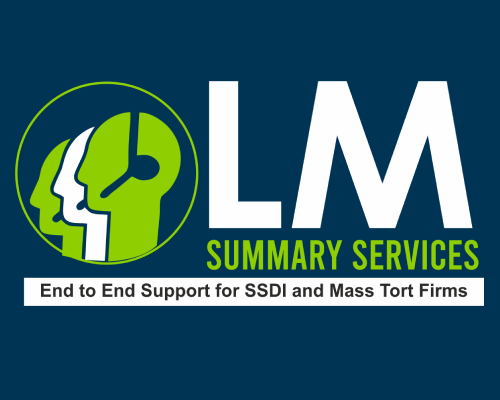


 Home
Home